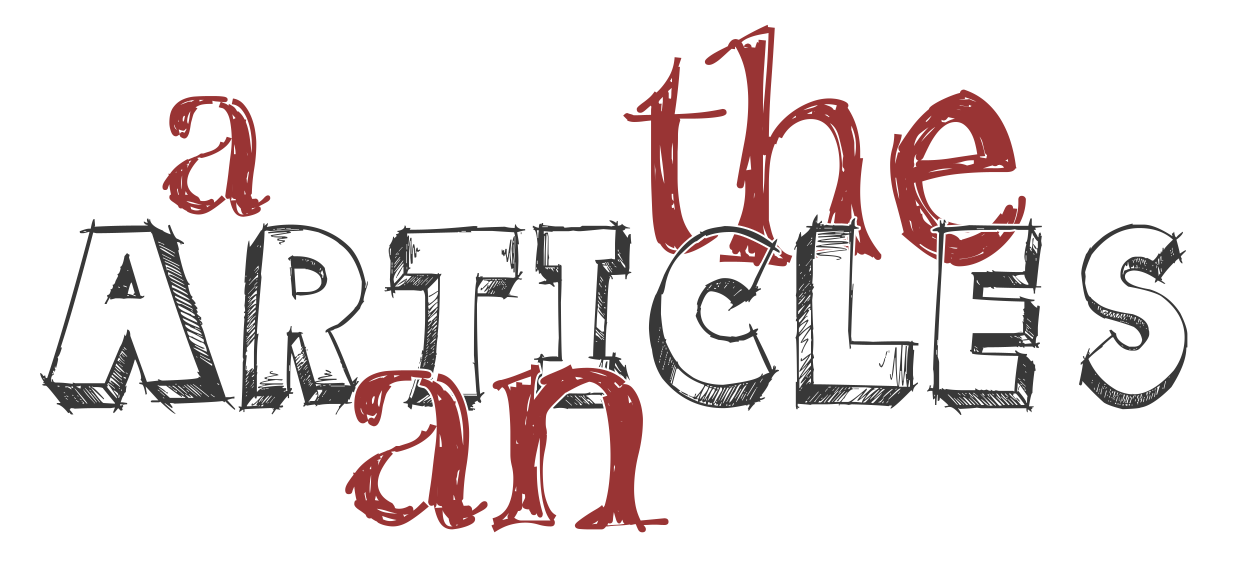There are certain words in the English language that we use rather frequently. And so it is essential that we learn their correct usage and syntax. Articles are three such words, and they are also important from an exam point of view. Let us get started.
Suggested Videos
Articles
Articles in a way are similar to adjectives. They also define a noun. Articles will help us specify whether the noun is a specific noun or an unspecific noun. There are two types of articles in Grammar. Let us learn about them and their correct usage.

Indefinite Articles
There are two indefinite articles “a” and “an”. Indefinite articles are used to talk about non-specific nouns. They refer to a noun which is generic rather than one particular thing. Take the following examples.
- Mary wanted to go to a park (This implies that mary wanted to go to any park, not a particular one)
- Could you pass me a pencil? (Here again, talk is about any pencil at hand, not one specific one)
A or An
Now let us discuss when we must use ‘an’ instead of ‘a’. The general rule is that if the following noun will begin with a vowel (a, e, i, o, u) then we use ‘an’ and not ‘a’. For example, “She went out and bought an umbrella.” However, there are a few exceptions to this rule. Let us take a look at them,
- If the noun starts with a consonant, but we pronounce it as a vowel, we will use ‘an’. This happens when the first letter of the word is silent. Take for example the word ‘honest’.
- And if the word starts with a vowel, but we pronounce it with a consonant voice, then we will not use ‘an’ but use ‘a’.
Definite Article
There is only one word which we call the definite article, it is “the”. The definite article is used when we are talking about specific nouns. The use of “the” points to the reader that the noun we are talking about is one specific thing, person, place etc. Let us see an example,
- Mary wanted to go to the park. (here we are talking about a specific park that Mary wanted to visit. We may have introduced the club earlier in the write up)
- Could you pass me the pencil? (Again here the pencil being talked about is a specific pencil)
Omission of Article
Now there are certain nouns before which we do not use any articles as it is not necessary. Let us see a few such incidents where we omit the articles before nouns.
- We generally do not use articles before abstract nouns. These are intangible nouns which cannot be counted.
- Also, we do not generally use articles before proper nouns. So we do not put a/an/the before names of people or places etc
- Another time we generally omit articles is before plural nouns.
Solved Questions for You
Q; It was the women (1) who brought about a revolution (2) in the industry (3). Which part of the sentence is incorrect?
- 1
- 2
- 3
- Sentence is correct
Ans: The correct option is A. Women is a plural noun, and so there is no need of an article before the plural noun. The correct sentence will be “It was women who brought about a revolution in the industry”.
Q: There was no doubt (1) in my mind that Alex (2) was a honest man (3). Which part of the sentence is incorrect?
- 1
- 2
- 3
- Sentence is correct
Ans: The correct option is C. Although honest starts with a consonant (H) bit we pronounce it like a vowel (O). So we will use “an” instead of “a”. So the correct sentence will be “There was no doubt in my mind that Alex was an honest man”.
Q: Rome is a (1) smallest country (2) in the world (3). Which part of the sentence is incorrect?
- 1
- 2
- 3
- Sentence is correct
Ans: The correct option is A. Since we are talking in superlative terms the correct article here would be “the’. If the word was smaller than it would be ‘a’. So the correct sentence will be “Rome is the smallest country in the world.
Q: She tried (1) one more time but (2) it was a unsuccessful (3) attempt. Which part of the sentence is incorrect?
- 1
- 2
- 3
- Sentence is correct
Ans: The correct option is C. The noun “unsuccessful” starts with a vowel. So we use ‘an’ in place of ‘a’. The correct sentence will be “She tried one more time but it was an unsuccessful attempt”
Q: Since bus (1) was late, we did not reach (2) the game on time (3). Which part of the sentence is incorrect?
- 1
- 2
- 3
- Sentence is correct
Ans: The correct option is A. Bus is a common noun, and we use an article before it. Since we are talking about a specific bus, we will use “the”. So the correct sentence will be “Since the bus was delayed we did not reach the game on time”.
Practice Questions
Q: The official language (1) of India is the Hindi (2) and English (3). Which part of the sentence is incorrect?
- 1
- 2
- 3
- Sentence is correct
Ans: B (no article before languages)
Q: He was (1) on the terrace (2) flying the kites (3). Which part of the sentence is incorrect?
- 1
- 2
- 3
- Sentence is correct
Ans: C
Q: Mark was told (1) she will be there in a hour (2), so he rushed over (3). Which part of the sentence is incorrect?
- 1
- 2
- 3
- Sentence is correct
Ans: B






Leave a Reply